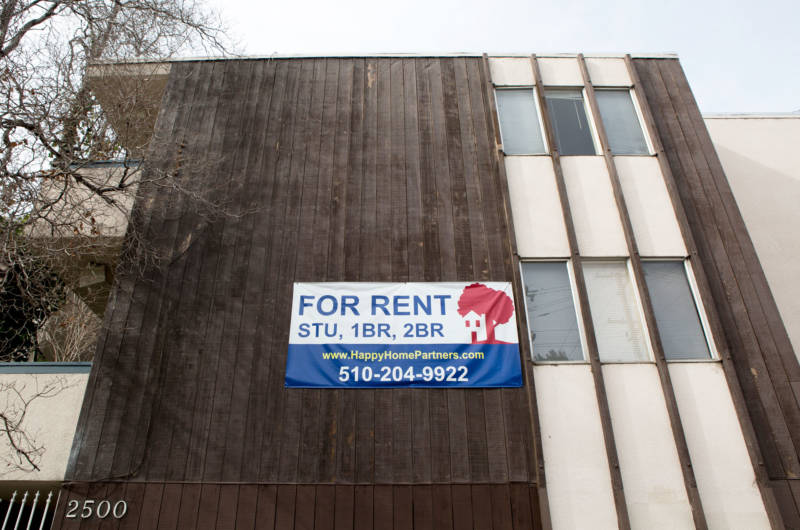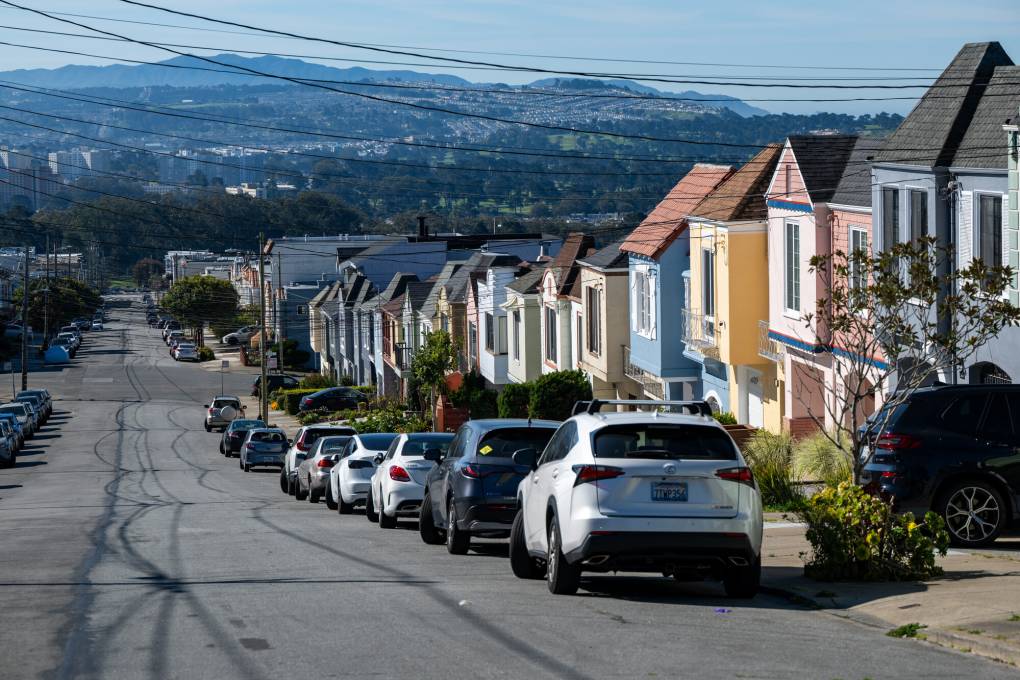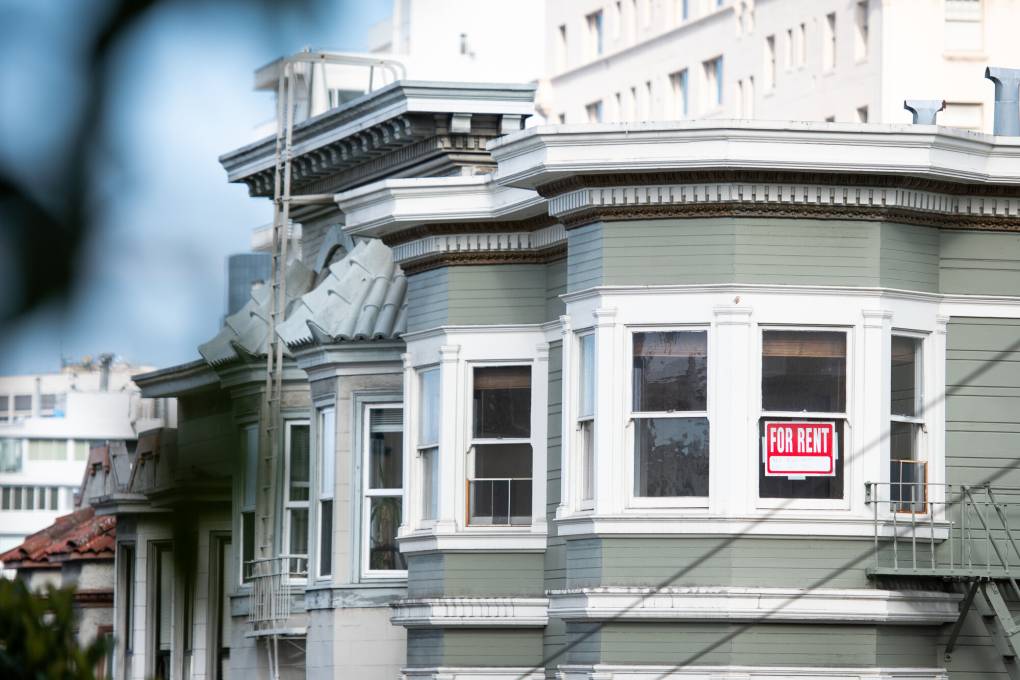The Coalition to House the Bay Area, known as CASA, a group that drew up a set of regional housing solutions, recommended a rent cap at CPI plus five percent. That idea was denounced both by the Apartment Association and tenant groups. Earlier this year, Oregon enacted a statewide cap of CPI plus seven percent.
As part of the rent package, lawmakers are again attempting to establish a statewide "just cause" policy. Assembly Bill 1481 would require that landlords list a specific reason for evicting a tenant, like failure to pay rent.
The assembled lawmakers were optimistic that rental protections will make more progress than in 2018, when just cause protections were voted down on the Assembly floor, and changes to Costa-Hawkins failed to advance out of committee.
"It’s significant for me that in my five years of serving on the Assembly Housing committee, this is the first time this many legislators have stood together to say ‘We need to protect tenants," said Chiu, who chairs the committee.
For one, both sides of the rent control debate are likely leery of another expensive battle at the ballot box. The campaigns for and against Proposition 10 raised more than $100 million combined.
Reforms like a "rolling date" that gradually makes buildings eligible for rent control is likely to be more politically acceptable for certain Democrats than the wholesale changes proposed in Proposition 10.
Assemblywoman Buffy Wicks, D-Oakland, whose opposition to Proposition 10 became a major issue in her 2018 campaign, voiced support for the rent protections introduced on Thursday.
She also unveiled legislation, Assembly Bill 724, which would create a statewide rental registry to track units.
And Wicks pointed to comments made by Governor Gavin Newsom in his State of the State address, when he asked legislators to "get me a good package on rent stability this year and I will sign it."
"Well, we are going to bring him a package," Wicks said. "That is our goal, that he can sign on, so that we can protect the renters that we care about deeply in our community."
The Apartment Association's Debra Carlton said she viewed the governor's pledge to sign "a good package" as not superseding another Newsom pledge — to accelerate housing construction in the state.
"We will interpret that as not interfering with his desire to making sure that we solve the long-term problem," said Carlton. "We still have a large group of legislators that just don’t agree with the concept of rent control, so quite frankly it’s yet to be seen."



